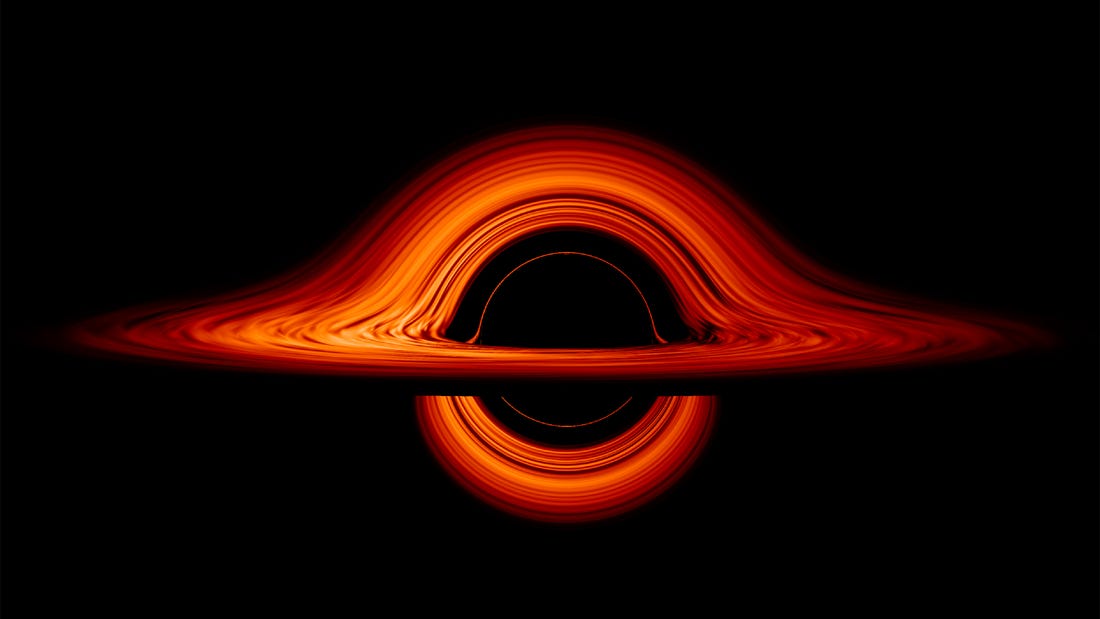Supermassive Black Hole Might Consume The Earth

In the middle of the Milky Way resides a supermassive black hole known as Sagittarius A. At some point in the distant future, the black hole could consume our planets if it gets to close. For now, Earth is situated at a distance of 26,000 light-years away from Sagittarius A, and it is worth noting that a single light-year is equal to 5.88 trillion miles.
According to some researchers, when the sun will expand during the late stages of life, it may push our planet beyond the borders of the solar system and towards the hungry void of the supermassive black hole.
The chance that such an event will happen is quite slim, and even if this will be the case, billions upon billions of years will have to pass until such a scenario is viable. However, the sun may expand at a fast pace in less than three billion years, and the fiery process could vaporize Earth.
Earth could be consumed by a supermassive black hole in the distant future
Black holes remain some of the most elusive objects in space, and many researchers strive to learn more about them. They power phenomena that go against the law of physics as the singularity found in their center can generate an unending gravitation field that can influence the very fibers of the space-time continuum.
In most cases, a black hole will surface when a star that is very large in comparison to the sun will collapse during the supernova stage, and the heart of the star will undergo a dark transformation. It is also possible that a giant gas cloud can also trigger the formation of a black hole as it starts to exert an intense gravitational pull.
A clash between two neutron stars can also pave the way towards the birth of a black hole. It is likely that by the time any of these events might happen, humanity will be far away.
0 comments